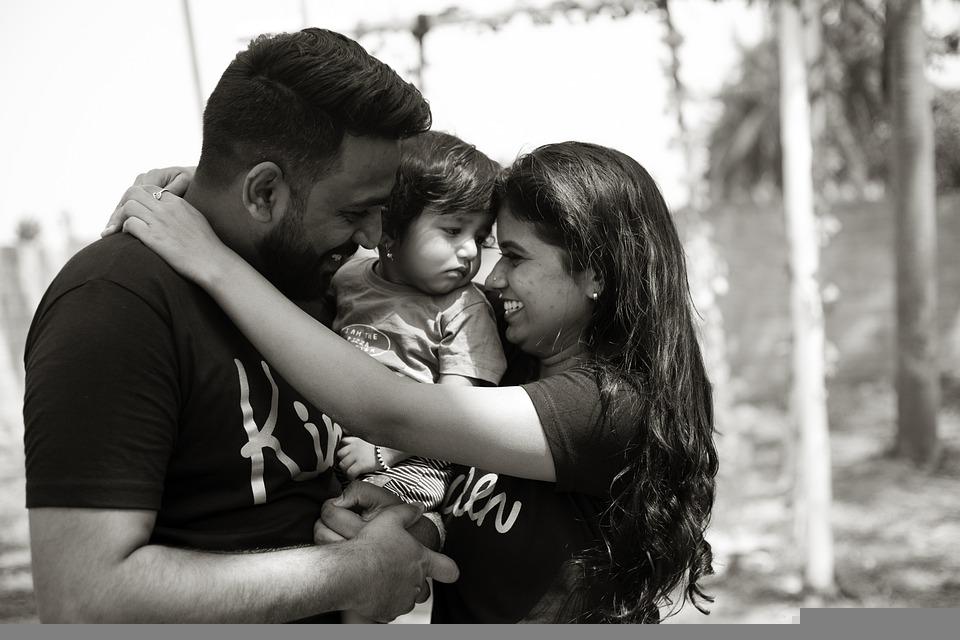May 17 2022 | theoutcastcollective
You may have heard of maternity benefit and paternity benefit policies, but have you heard of parental benefit policy?

Parental benefit policy refers to providing benefits to parents of a child regardless of their gender or mode of parenthood. For example, same gender parents who may have opted for surrogacy will also receive benefits under this policy and the same will not just be limited to heterosexual parents who become parents. Parental benefit policy is based on the assumption that both parents are primary parents, which shifts the narrative from mothers being primary caregivers when a child is born. This is not only beneficial for same gender parents or single parents, but also for heterosexual parents as they can divide and take care of their parental and professional responsibilities.
According to Forbes, parental leave can improve an organisation’s retention rate, employee satisfaction and productivity. Parents who received parental benefits reported being more satisfied with their workplaces, feeling an increased sense of productivity as they did not feel like they had to choose between caring for their child and getting back to their professional commitments sooner than they wished to. This also eased the responsibilities of primary caregivers, most of whom are mothers, and helped them stay in their jobs instead of quitting the workforce.

Parental benefits policies can encompass various kinds of benefits depending on the needs and requirements of each employee. Some these are:
- Maternity leave: as per the Maternity Benefits Act 1961, every mother is entitled to certain benefits during childbirth. Maternity leave before and after childbirth is crucial for persons who are going through childbirth. Adequate maternity leave and post pregnancy benefits can incentivise continued work after childbirth for mothers, who often quit their jobs or drop out of the workforce entirely post delivery.
Post pregnancy benefits can include flexibility to work from home, relaxed working hours, compensation for day care or facilities that allow mothers to bring their children to work. - Paternity leave: while women are entitled to maternity leave under Indian law, organisations must also recognise the need for granting paternity leave to fathers. The assumption that the mother is the primary parent is archaic and puts the burden of caregiving solely on the woman. Fathers can play a vital role in making their partners feel more comfortable after childbirth while also taking up other responsibilities post childbirth.
Men who received paternity benefits reported higher job satisfaction and organisations that grant paternity leave have witnessed a higher level of retention due to the same. Being able to help their partners after childbirth and care for the baby give them the opportunity to strengthen their interpersonal bonds, which help them stay positive and productive at work. - Benefits for adoptive parents: While the Maternity Benefits Act provides certain benefits to adoptive parents, the biggest lacunae in the law is that the benefits are only available to parents who adopt children younger than 3 months. This poses practical challenges to parents who choose to adopt as the adoption process can be lengthy and tedious and the child may be well over 3 months by the time the process concludes.
Organisations can ensure that all parents, adoptive or otherwise, receive similar benefits. As more and more parents are deciding to adopt instead of conceiving, it has become imperative that organisations recognise the need for equitable policies for all parents. This would be especially beneficial to same gender parents and people who become parents through surrogacy as well. - Miscarriage and abortion leave: preganancy can be a complicated and emotionally taxing period in a person’s life. While some may choose to be parents, some can’t due to medical reasons and some choose not to be. It is important that persons feel accomodated in a situation where there is either a miscarriage or medical termination of a preganancy. Both these situations are highly sensitive and personal in nature, and hence team members may not feel comfortable asking for leave in these cases. Organisations should accommodate such leaves within a “no questions asked” policy to respect the privacy of the person seeking leave.
Often, organisations while grating leaves ask for relevant medical documents or certificates from team members. In a situation where the person has miscarried or terminated their pregnancy, organisations must show trust and sensitivity and not demand documents from the employee. - Primary caregiver: In an event a person becomes a primary caregiver of a child (for example, in a case where the child has lost their parents), organisations must accommodate such persons in their policies and provide them with adequate benefits to facilitate such transition as well as allow them to perform their caregiving duties with ease.

In today’s day and age, where the definition of a “parent” is ever evolving, organisations also need to align their parental benefit policies. Taking into account different scenarios and accommodating both birth-parents as well as non-birth parents is crucial for creating an inclusive workplace and for the sustained growth of a team and its team members.